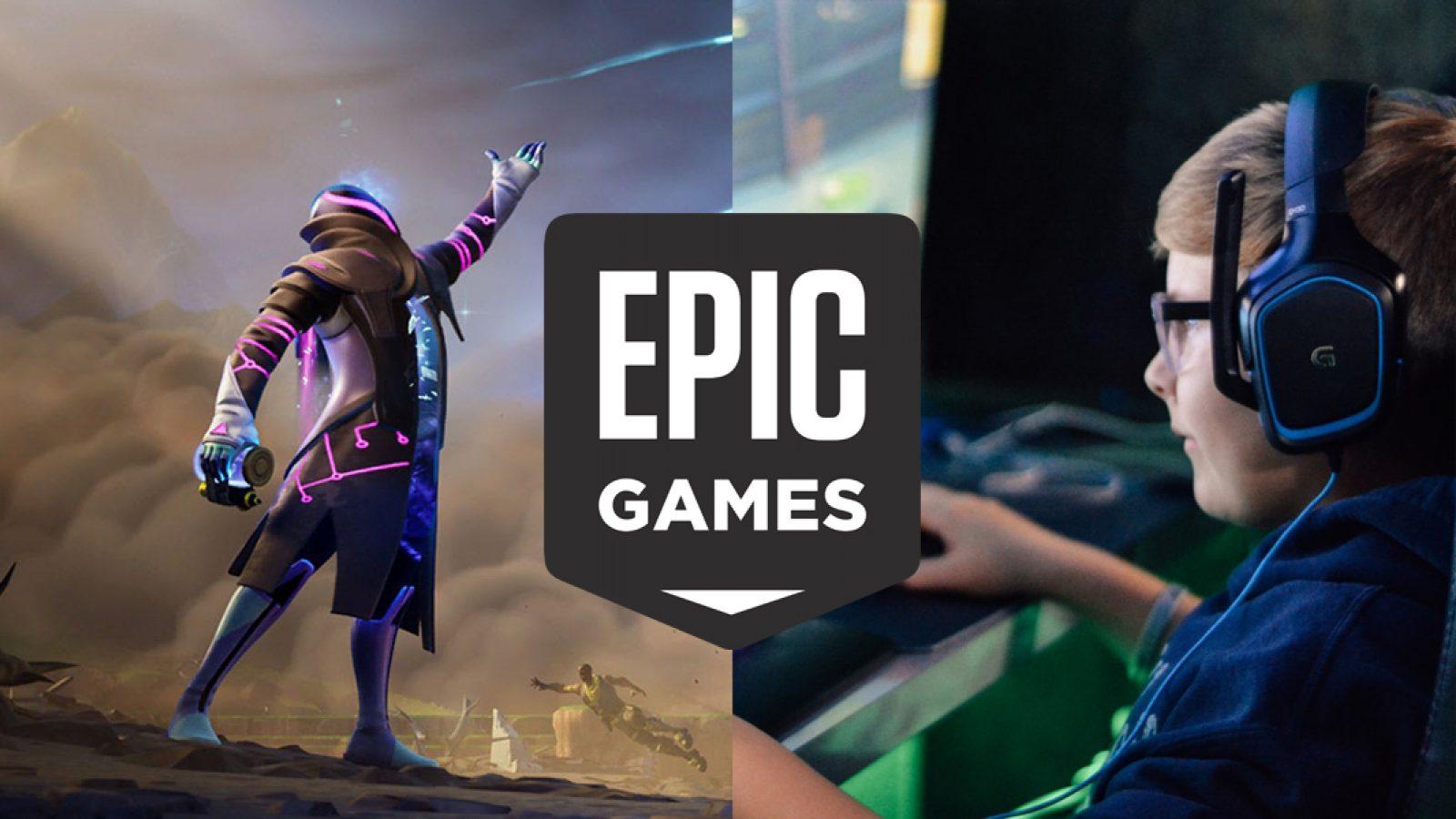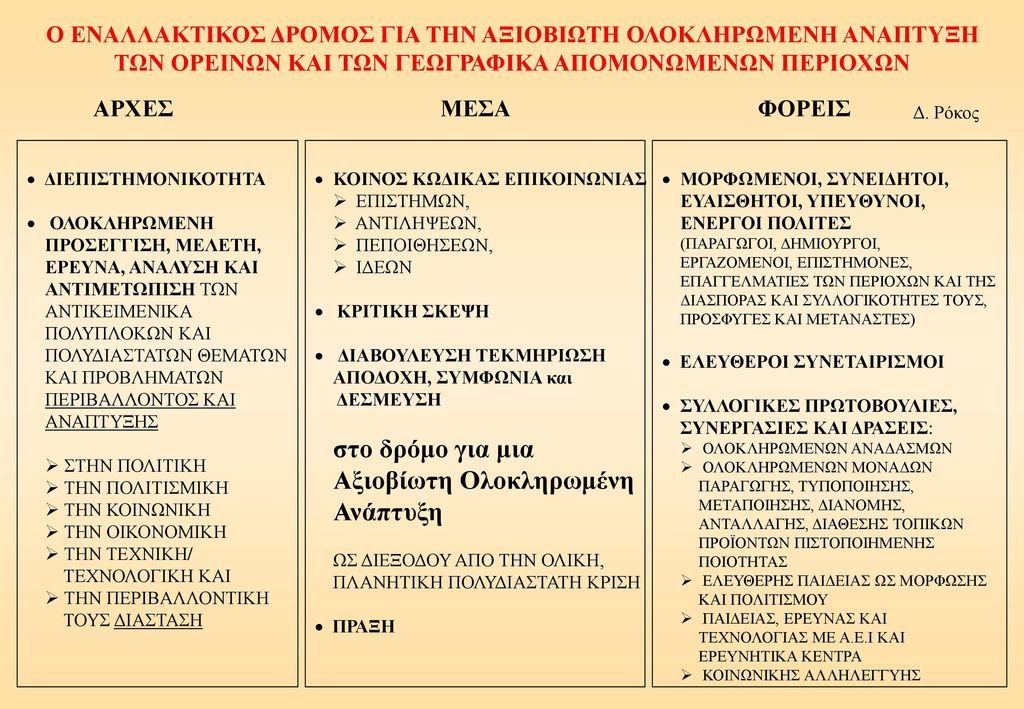Fortnite's In-Game Store Practices Face Another Legal Challenge Against Epic Games

Table of Contents
The Nature of the Lawsuit
The core allegations of the lawsuit against Epic Games center on claims of deceptive and misleading practices within Fortnite's in-game store. While the specifics of the lawsuit may vary depending on the plaintiff(s), the general focus often revolves around concerns about the fairness and transparency of microtransactions, particularly those involving loot boxes. This isn't about a single item, but rather a broader issue of consumer protection and the potential for exploitation.
- Specific claims made by the plaintiffs: These typically involve accusations of deceptive marketing regarding the odds of obtaining rare items in loot boxes, false advertising of item values, and manipulative design intended to encourage excessive spending.
- Examples of in-game purchases cited in the lawsuit: Plaintiffs often cite examples of specific in-game purchases, highlighting instances where the advertised value of an item significantly differed from the actual in-game value or the odds of obtaining it were far lower than implied. This could include specific loot box contents, cosmetic items, or in-game currency purchases.
- Legal basis of the claims: The claims are frequently based on violations of consumer protection laws, which vary by jurisdiction but generally aim to prevent deceptive and unfair business practices. These laws often protect consumers from misleading advertising and manipulative sales tactics.
- The amount of damages being sought: The amount of damages sought varies widely depending on the number of plaintiffs, the extent of their alleged losses, and the specific legal claims involved.
Epic Games' Previous Legal Battles and Responses
Epic Games is no stranger to legal challenges concerning Fortnite's in-game store and its monetization practices. The most notable examples are the antitrust lawsuits filed by Apple and Google, which centered around Epic's attempts to circumvent their app store payment systems.
- Summary of past lawsuits and their outcomes: The Apple and Google lawsuits resulted in mixed outcomes, with Epic Games scoring some victories but ultimately facing restrictions on its ability to operate independently within their app stores.
- Epic Games' previous responses and arguments: Epic Games consistently argued that its actions were in the best interests of consumers, claiming that their app store fees were excessive and that they were simply trying to provide players with more choice and better pricing.
- How past legal battles have impacted Epic Games' strategies: These past battles have likely forced Epic Games to reassess its in-game store practices, leading to possible adjustments in their communication and interaction with players.
- Any changes made to in-game store practices following previous legal challenges: While not publicly acknowledged as direct responses to litigation, there have been subtle changes in the presentation and information provided within the Fortnite in-game store, potentially reflecting a shift towards greater transparency.
The Impact on the Gaming Industry and Players
This lawsuit against Epic Games' Fortnite in-game store practices has significant potential consequences for the broader gaming industry and its players.
- Potential changes to in-game monetization strategies: A successful lawsuit could lead other game developers to review their monetization strategies, potentially leading to increased transparency and fairness in microtransactions.
- Increased scrutiny of in-game store practices by regulators: The case will undoubtedly bring greater scrutiny from regulatory bodies worldwide, leading to more stringent oversight of in-game purchases and loot boxes.
- The impact on players' spending habits and perception of fairness: Increased transparency could lead to more informed spending habits, while a perceived injustice in the current system could negatively impact player trust and reduce spending.
- Implications for other free-to-play games with similar monetization models: The outcome of this lawsuit will set a precedent that will impact other free-to-play games using similar in-game store and loot box mechanics. This ripple effect will be felt across the industry.
Consumer Protection Concerns and Loot Boxes
Loot boxes, a central element of Fortnite's in-game monetization, are a major focus of consumer protection concerns. These randomized virtual reward systems raise questions about fairness, transparency, and potential addiction.
- Definition and explanation of loot boxes in Fortnite: Fortnite's loot boxes (often disguised as other names) offer cosmetic items with varying levels of rarity. Players purchase these with in-game currency, hoping to obtain desirable items.
- Arguments surrounding the randomness and potential for addiction: The randomized nature of loot boxes makes them akin to gambling, raising concerns about their potential to create addictive behaviors, especially in young players.
- Comparison to gambling regulations and their applicability: The debate centers on whether loot boxes should be subject to gambling regulations, depending on their design and the potential for exploitation.
- The ethical implications for younger players: The vulnerability of younger players to the manipulative design of loot boxes raises significant ethical concerns, calling for increased parental controls and stronger regulatory safeguards.
The Future of Fortnite's In-Game Store and Microtransactions
The outcome of this lawsuit will undoubtedly impact Fortnite's in-game store and its microtransaction model.
- Possible changes to pricing strategies: Epic Games might adjust pricing strategies to reflect greater transparency and fairness in the perceived value of in-game items.
- Potential adjustments to item rarity and drop rates: To mitigate criticism, there could be adjustments to item rarity and drop rates to make obtaining desirable items more likely.
- Enhanced transparency in in-game store transactions: Greater clarity and upfront disclosure of odds and item values could become the norm to address accusations of deception.
- Increased regulatory oversight of loot boxes and in-game purchases: This legal challenge could trigger stricter regulations governing the design and marketing of loot boxes and in-game purchases.
Conclusion
This legal challenge against Epic Games' Fortnite in-game store practices highlights the ongoing debate surrounding loot boxes, consumer protection, and the ethical implications of microtransactions in the gaming industry. The potential ramifications for Epic Games and the industry are substantial, potentially impacting monetization strategies, regulatory oversight, and the overall perception of fairness within the gaming ecosystem. The core issue involves the balance between profitable monetization and responsible practices. The lawsuit's outcome could significantly impact how free-to-play games are designed and marketed moving forward.
Call to Action: Stay informed about the developments in this ongoing legal battle surrounding Fortnite's in-game store practices. Follow our updates for the latest news and analysis on this crucial case that could significantly impact the future of microtransactions in gaming. Further research into the specifics of the lawsuit and its implications is encouraged.

Featured Posts
-
 England Womens Nations League Kelly Replaces Withdrawals
May 03, 2025
England Womens Nations League Kelly Replaces Withdrawals
May 03, 2025 -
 Official Lotto And Lotto Plus Results Saturday 12th April 2025
May 03, 2025
Official Lotto And Lotto Plus Results Saturday 12th April 2025
May 03, 2025 -
 Recent Lotto Lotto Plus 1 And Lotto Plus 2 Winning Numbers
May 03, 2025
Recent Lotto Lotto Plus 1 And Lotto Plus 2 Winning Numbers
May 03, 2025 -
 Legendary Band Plays Only Under Extreme Circumstances
May 03, 2025
Legendary Band Plays Only Under Extreme Circumstances
May 03, 2025 -
 I Diafthora Stis Poleodomies Kai I Anagkaiotita Epanidrysis Toy Kratoys Dikaioy
May 03, 2025
I Diafthora Stis Poleodomies Kai I Anagkaiotita Epanidrysis Toy Kratoys Dikaioy
May 03, 2025
